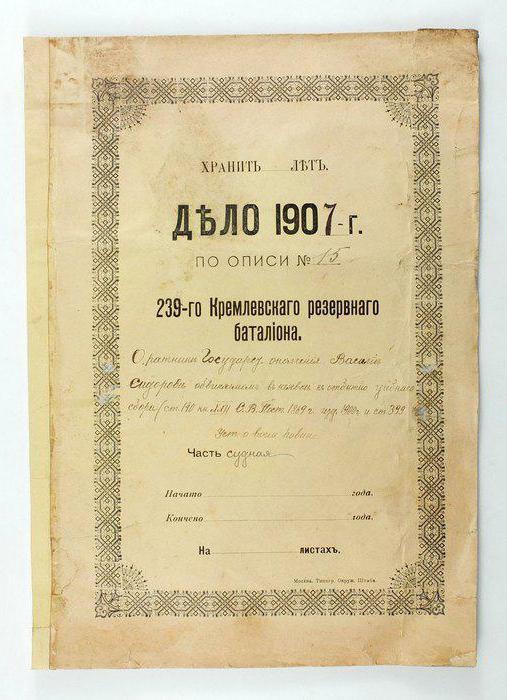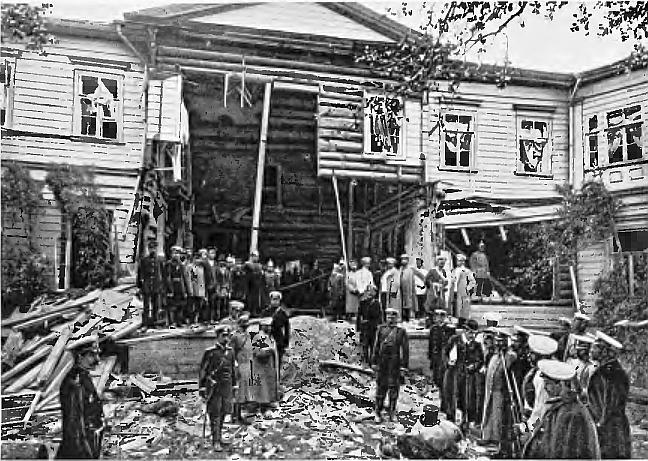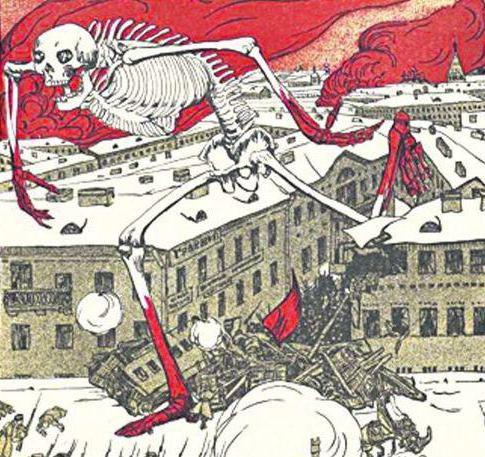P. A. Stolypin was an outstanding economist, statesman, experienced politician and reformer. It was he who introduced the military courts in Russia. Subsequently, many criticized Stolypin for the rigidity of his policy. 
Major reforms
The role of P. A. Stolypin in suppressing the first Russian revolution was enormous. However, he is primarily known as a great reformer. In April 1906, Nicholas II invited him to become Minister of the Interior. After some time, the government together with the State Duma of the 1st convocation was dissolved. Stolypin, in turn, took over as prime minister. He held this position until his death. As prime minister, the politician held several bills that went down in history as the "Stolypin reform." During it, private land ownership of peasants was introduced. In addition, Stolypin participated in the establishment of zemstvos in the western provinces, limiting the autonomy of the Principality of Finland, changing election laws, and dissolving the Second Duma. Another well-known event was the introduction of military courts. The year of their establishment was the last for many terrorists operating during that period. 
Prerequisites for the adoption of the law
The introduction of military courts for revolutionaries was due to the spread of terror in the empire. Over the years before the enactment, a huge number of acts of violence occurred. The total number of dead in them was about 9 thousand people. Among the victims were ordinary people and senior officials. Often victims of terror were casual passers-by. 11 attempts were made on Stolypin himself and his family. During one of them, on August 12, 1906, children of Pyotr Arkadyevich, a three-year-old son and a 14-year-old daughter, were injured. Together with the nanny at the time of the explosion, they were on the balcony. Stolypin’s daughter, Natalia, crushed leg bones with an explosion, and for several years she was unable to move. The injuries of his son Arkady were not serious. The nanny of the children died. The attempt occurred on Apothecary Island. It was made by representatives of the "Union of Socialists-Revolutionaries of Maximalists" created by M. Sokolov in early 1906 and operating in St. Petersburg.
The attack was committed on the reception day of Stolypin, on Saturday, at the state cottage. Work began at about two in the afternoon. At about half past three the crew stopped at the cottage. Two men in the form of gendarmes with briefcases in their hands came out of it. At the front desk, the terrorists threw them to the next door and fled. The explosion affected more than 100 people. 27 of them died on the spot, 33 were seriously injured. Many of them died later. Stolypin himself and cabinet visitors received minor bruises. Already on August 19, military courts began to operate. 
1906
New institutions were required to expedite the processing of cases. After the terrorist act, the materials were transmitted within 24 hours. The trial was limited to two days. The execution of the sentence was carried out during the day. The introduction of the military courts was explained by the government by the fact that the authorities acting before them showed excessive leniency and often delayed the process of considering cases. In addition, earlier proceedings were conducted in the presence of the accused. They were given the right to use the services of defenders, to bring their witnesses to consideration. The military court deprived the terrorists of all legal opportunities. 
Propagation of institutions
New courts were created in areas declared under martial law or under emergency protection. Since the beginning of the law, they were established in 82 of 87 provinces. Expedited proceedings were carried out in accordance with the procedure laid down in the "Regulations on the military court instances" adopted on August 20, 1906. The accused could apply for clemency. But by decree of the Ministry of December 7, 1906, it was decided to leave these applications without movement. In the first 8 months of the existence of the authorities, more than 1,000 death sentences were imposed. Executed, meanwhile, was about 700.
Activity specifics
The military court consisted of 5 people: the chairman and 4 officers. The latter were appointed head of the garrison on the orders of the commander in chief or governor general. A preliminary investigation into the case was not carried out. The sentence, which was imposed, was based on materials provided by the gendarmerie department or the security department. The military court did not provide for the participation of a prosecutor, witnesses, or defense counsel. The meetings were held behind closed doors. The indictment was replaced by order. According to the personal order of the emperor, a clause was introduced in the Regulation, according to which, the sentence should be adopted no later than 48 hours. At the same time, it immediately took effect and was to be executed within 24 hours. 
Discussions in the Duma
The law on new courts has not been tabled by the government. On the whole, the authorities understood that the normative act would meet the resistance of the left majority of the Duma and would become an occasion for another criticism of the domestic political course. At the same time, Stolypin himself regarded the military court as a temporary and exceptional measure. He did not intend to use these institutions constantly in order to combat anti-government forces. However, at the beginning of March 1907, the Cadet faction submitted to the Duma a draft law on the abolition of a previously adopted normative act. The discussion of this issue was used by the party to strengthen its own positions and eliminate contradictions with the left majority.
Thus, on March 12, deputy V. A. Maklakov, speaking from the rostrum, declared that the military court had a devastating effect on the very idea of the state, law and law, violating the foundations of society. He said that such a tough measure would lead to the fact that "a brutal herd will take the place of civilized people." At the same time, Maklakov recognized the right of the authorities to combat revolutionary sentiments, using repressive measures, but within the limits of the law. Stolypin, in turn, speaking the next day, March 13, confirmed that the law would be tabled in the Duma and would be suspended until April 20. The prime minister called the military court a tough but necessary measure of "defense." He pointed out that the state is obliged to adopt exceptional normative acts, being in a state of danger, preventing the collapse of the country. Stolypin emphasized that such events can only be temporary, since their continued use will undoubtedly affect the population, whose morals should be brought up exclusively on the law. 
Activities of institutions after April 20, 1907
The consideration of cases of serious crimes began to be transferred to the military district courts. In these instances, all procedural rules were fully observed. These courts issued more than 4,200 death sentences from 1907 to 1909. A little more than 1,800 were carried out. After 1909, the number of executed by conviction was reduced to 129 in 1910 and to 58 in 1911. The Regulation continued to be applied to military personnel according to which, a military court was established in an emergency for crimes of special danger.
